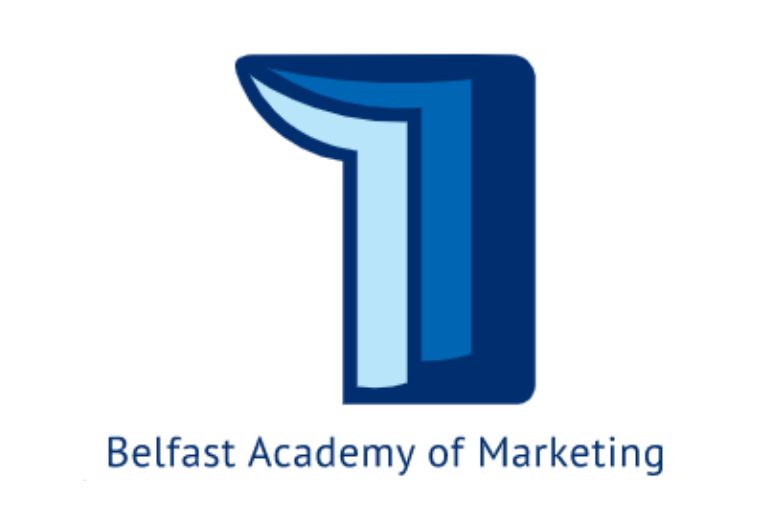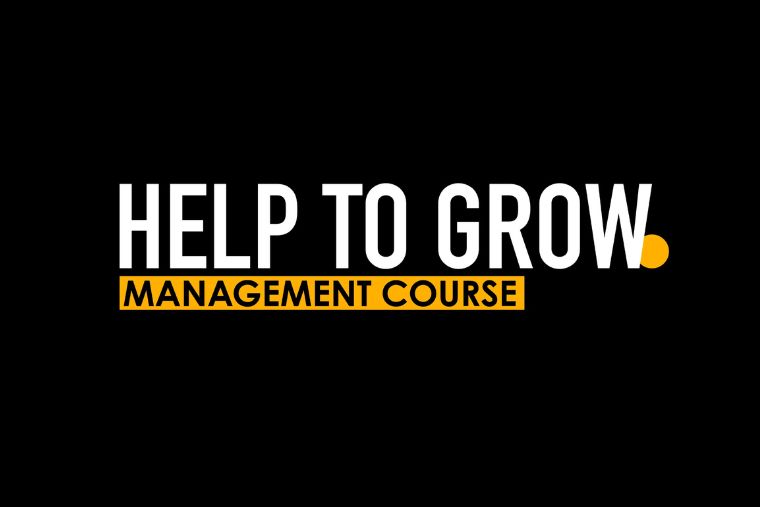Share on social

IQ, EQ, AQ – The High-Performance Holy Trinity
Leaders have never had a broader remit and without a balance of IQ, EQ, and AQ, high-performance may be out of reach for them, and the teams they serve.
Thursday 16 May 2024
.png?lang=en-GB&ext=.png)
IQ, or intelligence quotient, is a measure of an individual’s ability to reason and solve problems. Invented 120 years ago by Alfred Binet, IQ is calculated using a simple equation dividing mental age by chronological age and multiplying by 100. Cognitive ability is often then categorised based on whether the IQ score is above, on par with, or below the median level of a sample group.
It has historically been a primary focus in assessing an individual's potential for success in academic and professional settings with many organisations incorporating competency-based questions or exercises into the recruitment process.
However, research suggests that IQ alone does not guarantee effective leadership or team performance. Given the expectation that the performance of a leader’s team is a reflection of their capabilities, how can this be done effectively when competence i.e. IQ, is assumed?
This is where EQ, emotional quotient, comes in. First made prominent by Daniel Goleman, EQ is the ability to understand, use, and manage your own emotions in positive ways to relieve stress, communicate effectively, empathise, overcome challenges, and defuse conflict. Having a high EQ and remaining open to continuous improvement enables leaders to navigate challenges, inspire trust, and lay the foundations to build a culture that celebrates innovation and where productivity thrives.
In response to the complex environment in which organisations and leaders now operate with technology driving these changes forward at an increasingly faster pace, the concept of AQ capability has emerged as a key indicator long-term success.
With a nod to Darwin’s notion of evolutionary success whereby adaption is key to survival, AQ, the adaptability quotient, pertains to an individual's ability to adapt and thrive in the face of change and uncertainty.
In an era of instant gratification, AQ development takes discipline. The ability to delay gratification in favour of a more significant long-term achievement is a crucial element of AQ development. Without the capacity for cathedral thinking, leaders may become sidetracked or struggle to focus on the ultimate goal.
In order to create, develop, and effectively lead a high-performing unit, leaders must work on developing their personal IQ, EQ and AQ, as well as that of the team members they serve.
Developing IQ Through Continuous Learning
While IQ is often considered innate, particularly among seasoned leaders, it is important to keep abreast of continuous learning opportunities to further develop new and existing skills Encouraging a culture of lifelong learning within the organisation, providing access to relevant training programs, and rewarding intellectual curiosity can empower leaders to sharpen their analytical and problem-solving skills, enabling them to make informed decisions, drive innovation and gain competitive advantage.
Cultivating EQ Through Introspection
Developing EQ involves self-awareness, self-regulation, social awareness, and relationship management. Leaders can take action to work on those areas for EQ improvement by seeking out feedback from peers and team members and being intentional about designing a progress plan to remain accountable. By understanding their own emotions and those of others, leaders can effectively manage conflicts, build trust, and inspire collaboration in their teams, as well as within the internal and external ecosystems in which they operate.
Fostering AQ by Remaining Resilient
AQ is nurtured through exposure to diverse experiences, embracing change, and cultivating a growth mindset. Leaders can foster adaptability within their teams by encouraging experimentation without an immediate demand for success, welcoming diverse perspectives, and promoting a culture that values learning from failures. By modelling resilience and agility in the face of challenges, leaders inspire confidence and empower their teams to navigate uncertainty with confidence.
In order to succeed, modern leaders must consistently evaluate their strengths and opportunities for growth across the key competencies of IQ, EQ, and AQ. By developing skills in these areas and creating a supportive environment that fosters psychological safety, trust, and collaboration, leaders can unlock the full potential of their teams, driving innovation, agility, and sustainable success in the face of evolving challenges.
It has historically been a primary focus in assessing an individual's potential for success in academic and professional settings with many organisations incorporating competency-based questions or exercises into the recruitment process.
However, research suggests that IQ alone does not guarantee effective leadership or team performance. Given the expectation that the performance of a leader’s team is a reflection of their capabilities, how can this be done effectively when competence i.e. IQ, is assumed?
This is where EQ, emotional quotient, comes in. First made prominent by Daniel Goleman, EQ is the ability to understand, use, and manage your own emotions in positive ways to relieve stress, communicate effectively, empathise, overcome challenges, and defuse conflict. Having a high EQ and remaining open to continuous improvement enables leaders to navigate challenges, inspire trust, and lay the foundations to build a culture that celebrates innovation and where productivity thrives.
In response to the complex environment in which organisations and leaders now operate with technology driving these changes forward at an increasingly faster pace, the concept of AQ capability has emerged as a key indicator long-term success.
With a nod to Darwin’s notion of evolutionary success whereby adaption is key to survival, AQ, the adaptability quotient, pertains to an individual's ability to adapt and thrive in the face of change and uncertainty.
In an era of instant gratification, AQ development takes discipline. The ability to delay gratification in favour of a more significant long-term achievement is a crucial element of AQ development. Without the capacity for cathedral thinking, leaders may become sidetracked or struggle to focus on the ultimate goal.
In order to create, develop, and effectively lead a high-performing unit, leaders must work on developing their personal IQ, EQ and AQ, as well as that of the team members they serve.
Developing IQ Through Continuous Learning
While IQ is often considered innate, particularly among seasoned leaders, it is important to keep abreast of continuous learning opportunities to further develop new and existing skills Encouraging a culture of lifelong learning within the organisation, providing access to relevant training programs, and rewarding intellectual curiosity can empower leaders to sharpen their analytical and problem-solving skills, enabling them to make informed decisions, drive innovation and gain competitive advantage.
Cultivating EQ Through Introspection
Developing EQ involves self-awareness, self-regulation, social awareness, and relationship management. Leaders can take action to work on those areas for EQ improvement by seeking out feedback from peers and team members and being intentional about designing a progress plan to remain accountable. By understanding their own emotions and those of others, leaders can effectively manage conflicts, build trust, and inspire collaboration in their teams, as well as within the internal and external ecosystems in which they operate.
Fostering AQ by Remaining Resilient
AQ is nurtured through exposure to diverse experiences, embracing change, and cultivating a growth mindset. Leaders can foster adaptability within their teams by encouraging experimentation without an immediate demand for success, welcoming diverse perspectives, and promoting a culture that values learning from failures. By modelling resilience and agility in the face of challenges, leaders inspire confidence and empower their teams to navigate uncertainty with confidence.
In order to succeed, modern leaders must consistently evaluate their strengths and opportunities for growth across the key competencies of IQ, EQ, and AQ. By developing skills in these areas and creating a supportive environment that fosters psychological safety, trust, and collaboration, leaders can unlock the full potential of their teams, driving innovation, agility, and sustainable success in the face of evolving challenges.
Author Oonagh O’Reilly & Marie-Claire McGreevy
Thursday 16 May 2024




 Contact us
Contact us
 Share on social
Share on social Share with a friend
Share with a friend Facebook
Facebook LinkedIn
LinkedIn
 Twitter
Twitter



















 Get in touch with us
Get in touch with us